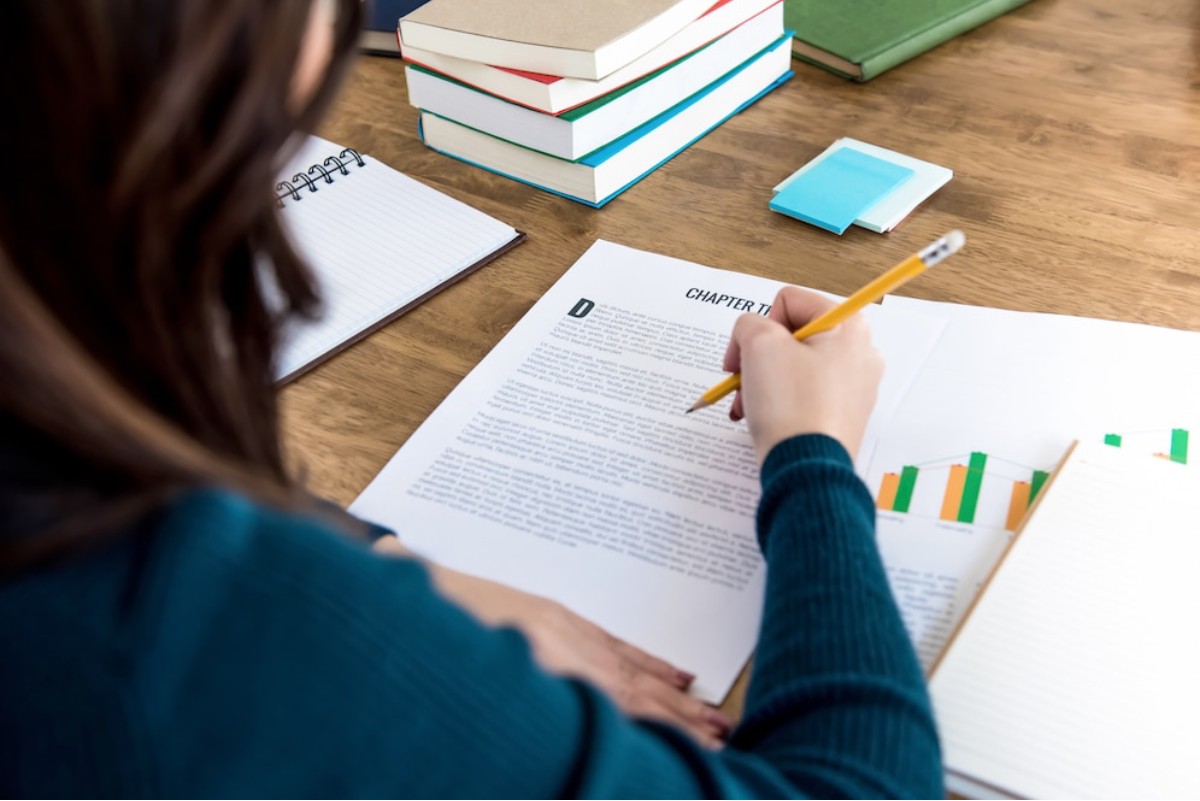
How to Secure Strong Letters of Recommendation for Scholarships
Why Strong Letters Matter More Than You Think
You’re applying for a life-changing scholarship. You’ve worked on your essays, curated your extracurriculars, and tidied up your transcripts. But there’s one component that can elevate your entire application from good to unforgettable: the scholarship recommendation letter.
These letters aren’t just formalities. They are personal endorsements from people who can vouch for your integrity, potential, and commitment. A strong reference has the power to humanise your application, offering insight beyond the numbers.
Whether you’re a sixth-form student, a mature learner, or applying for postgraduate awards, understanding how to request and secure strong letters can set you apart from thousands of other candidates.
In this comprehensive guide, we’ll explore the art of getting references, the do’s and don’ts of recommendation etiquette, and expert-backed strategies for crafting a winning scholarship application.
Understanding the Core: What Makes a Scholarship Recommendation Letter Stand Out
A strong scholarship recommendation letter isn’t just about praising your intelligence.
It must demonstrate:
- Specific examples of your contributions
- Your character, consistency, and ambition
- Alignment with the scholarship’s goals and values
- Personal observations from someone who knows you well
Letters that shine include:
- Detailed anecdotes
- Concrete examples of achievement
- Honest, enthusiastic language
- A deep understanding of your goals
Important: A vague, generic letter can do more harm than good. Choose recommenders who are invested in your success and know you beyond the classroom.
Quick Guide: Scholarship Recommendation Letter Checklist

- Identify the right recommenders
- Ask early (at least 4–6 weeks in advance)
- Provide relevant details (CV, essays, deadlines)
- Be clear about what the scholarship is looking for
- Follow up politely with reminders
- Send a thank-you note after submission
Pro Tip: A recommender who has written for you before is often your strongest ally. They already understand how to frame your strengths.
Step-by-Step Guide: How to Secure Strong Letters

1. Choose the Right Recommenders
Look for individuals who:
- Have known you for at least 6 months
- Have seen your work ethic and integrity firsthand
- Can write articulately and enthusiastically about you
Common options include:
- Teachers or tutors (especially those in your field of study)
- Supervisors from volunteer work or internships
- Academic mentors
- Programme coordinators or club advisers
Secret Tip: Prioritise someone who can speak to your growth and how you responded to challenges, not just raw talent.
2. Make Your Request Early and Thoughtfully
Timing matters. Asking too late can lead to rushed letters.
- Make your request 4 to 6 weeks in advance
- Ask in person or by email with a clear, respectful tone
Example Email Script:
Dear [Name],
I’m applying for the [Scholarship Name], and I would be truly honoured if you could write a recommendation letter on my behalf. I believe your insight into my [specific experience or achievement] would add great value. The deadline is [date], and I can share my CV and personal statement for reference.
Thank you for considering my request.
Best regards, [Your Name]
3. Provide Supporting Materials
Equip your recommender with what they need to write well:
- A short summary of your goals
- Your personal statement or scholarship essay
- Your CV or academic history
- A bullet list of your relevant achievements
- Details about the scholarship’s mission or values
Pro Tip: Share how you’re framing yourself in the rest of your application. This helps your recommender create a cohesive narrative.
4. Follow Up Professionally
People get busy. A polite reminder goes a long way.
- Send a reminder email a week before the deadline
- Include the submission link or instructions again
Sample Reminder Message:
Just a kind reminder about the letter of recommendation for [Scholarship Name] due next week. Please let me know if there’s anything else I can provide to help!
5. Show Gratitude
After they submit your letter:
- Send a thank-you email
- Let them know the result of your application later
- Consider writing a handwritten note if the relationship is close
Secret Tip: Gratitude builds long-term allies. They may support you again for future applications or job references.
Best Practices & Additional Insights

Tailor the Letter to the Scholarship
Every scholarship is different. If your recommender is writing multiple letters for you, help them adjust each version.
- Highlight which qualities matter most
- Provide keywords from the scholarship criteria
- Remind them of stories that show those traits
Avoid Last-Minute Requests
Scrambling for a letter days before the deadline sends the wrong message. It also leads to poor-quality writing.
Important: A rushed letter often reads rushed. That reflects poorly on both you and your recommender.
Maintain the Relationship
Stay in touch after the application. Update them on your progress. This lays the foundation for future endorsements.
FAQs: Scholarship Recommendation Letters
Can I ask a family member for a letter of recommendation?
No. Scholarship committees prefer objective, professional sources like teachers, coaches, or community leaders.
How many letters should I include in my application?
Follow the scholarship’s instructions. Most ask for 1–3 letters. Don’t include extras unless permitted.
What if someone says no to my request?
Don’t take it personally. They might not feel they know you well enough. It’s better than getting a weak letter.
Can I write the letter for them to sign?
Avoid this unless they explicitly ask you to draft a version. It’s unethical for you to fabricate a recommendation.
Should I send my personal essay to the recommender?
Yes. It gives them context and helps them align their letter with your narrative.
Can I reuse a letter for multiple applications?
Only if the content is general and the deadlines align. Always check whether a unique letter is needed.
What makes a letter really stand out?
Anecdotes, authentic praise, and a clear link to the scholarship’s goals. Stories always stick more than adjectives.
Conclusion: Letters That Open Doors
Getting strong scholarship recommendation letters isn’t just about the ask — it’s about building trust, preparing your referee, and presenting yourself authentically. With the right strategy, your references can be powerful testimonials that help you stand out.
Invest the time to nurture these relationships. Think of them as endorsements from your personal board of directors — mentors who believe in your journey and are proud to help you move forward.
Now it’s your turn:
- Draft your list of potential recommenders
- Prepare a request message this week
- Create a recommendation checklist to stay organised and to avoid last-minute applications
And remember: a thoughtful recommendation reflects a thoughtful student. Let your character shine through those who know you best.


